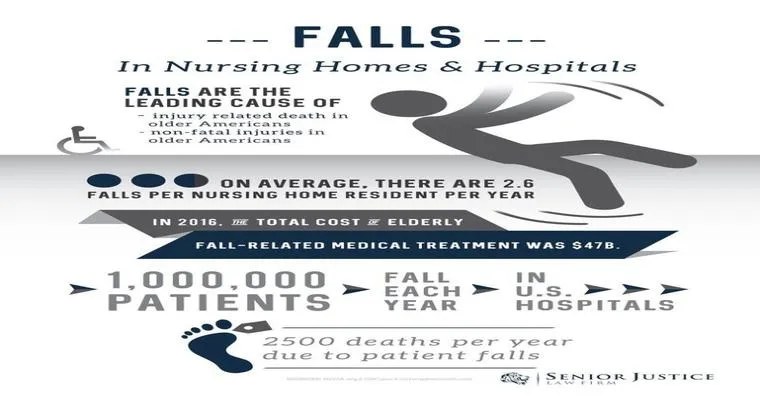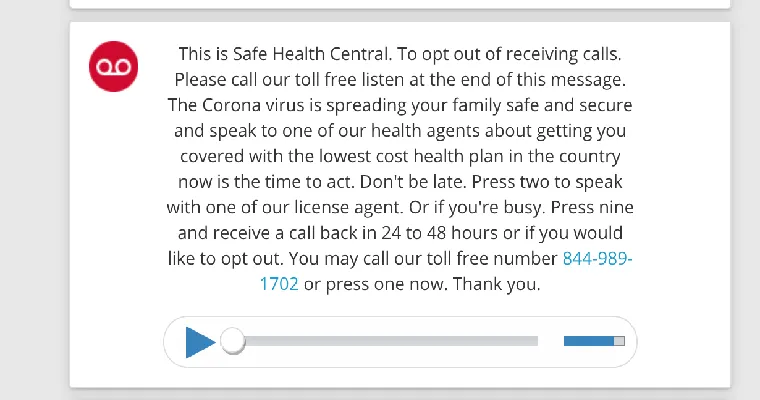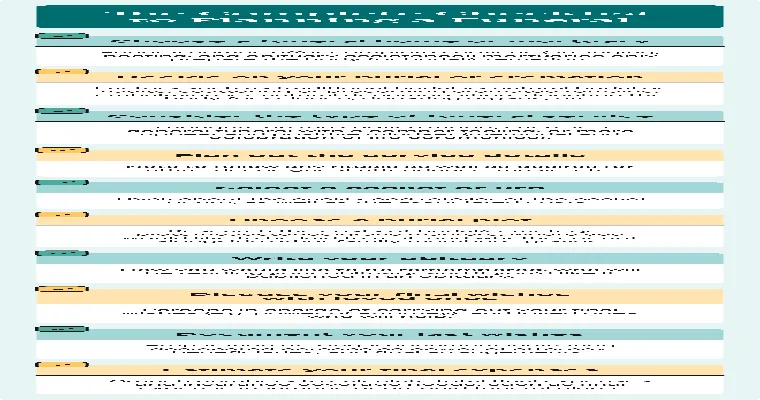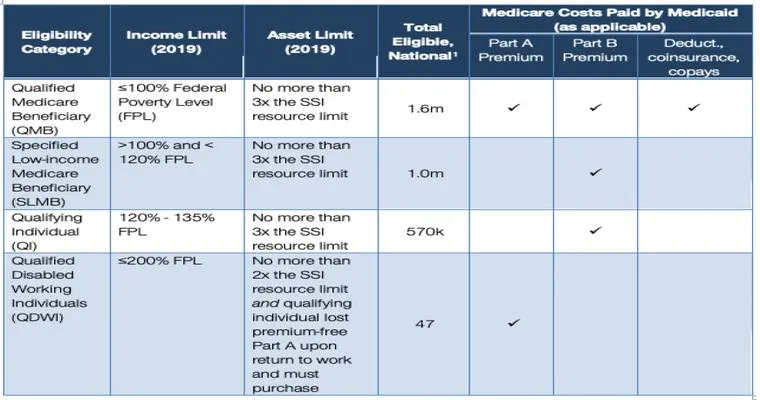When a resident "passes away" in a nursing home, it can be a difficult and emotional time for both family members and staff. Understanding the protocols and procedures that take place during such a sensitive moment is essential for everyone involved. In this article, we will explore the steps that nursing homes typically follow when a resident dies, the support available for families, and how the facility ensures that the dignity of the deceased is maintained.
The first step that nursing home staff take upon a resident's death is to confirm the passing. This is usually done by a registered nurse who will check for vital signs and document the time of death. If the resident had a designated "healthcare proxy" or "advance directive", these documents will be reviewed to ensure that the wishes of the deceased are respected.
Once the death is confirmed, the nursing home staff will notify the appropriate authorities. This may include contacting the resident's physician to issue a death certificate, as well as local law enforcement, depending on the circumstances surrounding the death. It’s important to note that if the death was expected, such as in cases of terminal illness, the process may be more straightforward. In contrast, an unexpected death may require an investigation.
After the necessary notifications have been made, the nursing home will take steps to ensure the privacy and dignity of the deceased. Staff will prepare the body for removal, which may involve cleaning and dressing the resident. Family members will be notified promptly, and they will be given the opportunity to spend time with their loved one if they wish.
In many cases, nursing homes have designated "grief support" resources available for families. This can include counseling services or support groups that help relatives cope with their loss. The facility may also provide information about funeral homes and arrangements to assist the family during this challenging time.
It is also crucial for nursing homes to communicate effectively with families during this process. Clear communication can help alleviate confusion and ensure that families are aware of what to expect. Staff members are trained to handle these sensitive situations with compassion and understanding.
Finally, once the family has made arrangements for the deceased, the nursing home will assist in coordinating the logistics of the body’s transfer to the funeral home or medical examiner. The facility will also ensure that all legal paperwork and death certificates are properly handled in accordance with local regulations.
In conclusion, when someone "passes away" at a nursing home, there are several important steps that staff and families must navigate. From confirming the death and notifying authorities to providing support for grieving relatives, the nursing home plays a vital role in managing this delicate situation. Understanding these processes can help families feel more prepared and supported during their time of loss.





